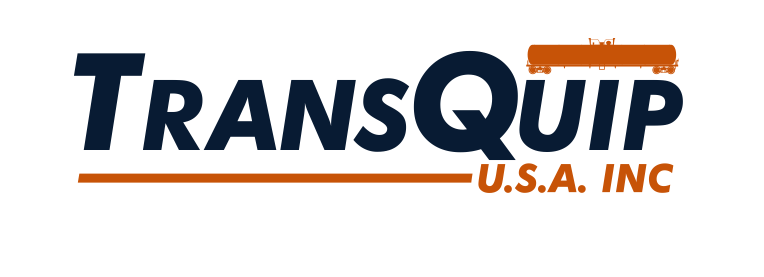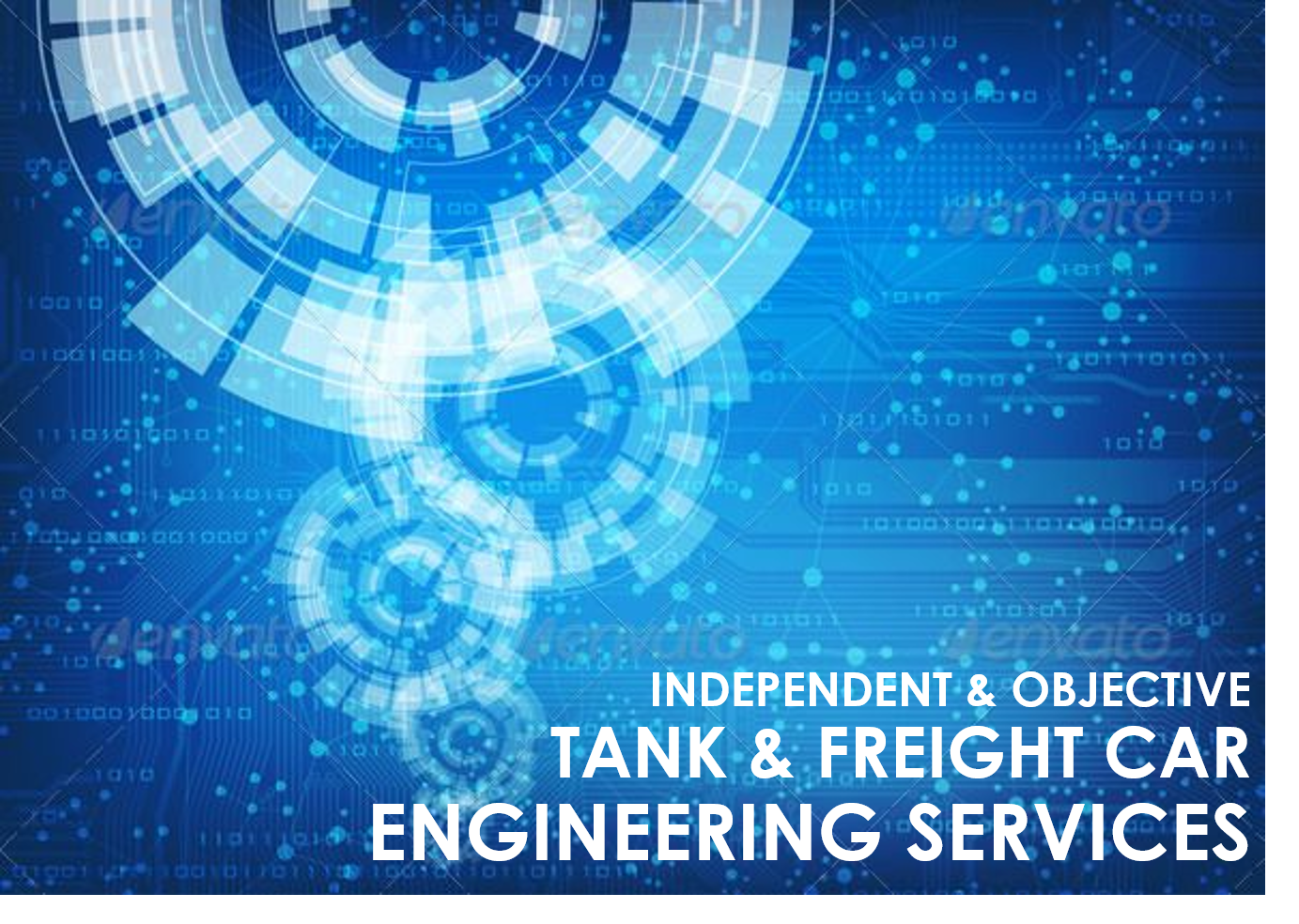Pressurized Railway Tank Cars – What Makes for a Superior Angle Valve?
What if there is a better alternative?
Why choosing the right manufacturer is important?
Understand the full cost of your decisions?
As a shipper, whether purchasing or opting to lease tank cars you have a number of choices when it comes to which valves and other service components you want included in your overall package. Perhaps your choice is determined by cost, past experiences or the recommendation of the car builder or leasing company.
Unfortunately our industry lacks any measureable comparison tool. There is no way of knowing if one brand is significantly better than the next. There are no customer reviews or trade magazine comparisons. All that is asked is all primary and secondly fittings/ closures be leak-tight. So what factors should you consider when making a choice?
FAMILIARITY BREEDS APATHY
Each industry has its dominant manufacturers. Who remembers Circuit City, the industry leader in electronics? Who was the industry leader in home entertainment? How about Enron, or TWA? Who is the king of vacuum cleaners, is it Hoover or has Dyson taken on the mantle?
In the case of tank cars, were there but a few to choose from, it is important to know who they are, their history and the extent of their capabilities. Some are sister companies of car-builders, some are specifically focused on tank cars, while others come with a long history and pedigree of being leaders in numerous industries, which in turn affords them a superior level of engineering and manufacturing achievement.
BEHIND THE BLING
If ever offered the opportunity, I strongly recommend visiting each manufacturer. Forget flashy websites, artfully designed brochures or entertaining sales staff. An on-site visit will tell you more about what you are purchasing than you could possibly imagine. Let me state as clearly as possible:- All tank car valves are manufactured to meet the required standards. Yet, what you will learn during a factory visit is which valves are designed and manufactured above and beyond what is required. From the quality of the castings, the precision of machining; the substance of the individual components to the detail of testing. It is the sum of the small differences that add up to make the big differences.
IT’S ALL ABOUT THE DETAILS
Again, allow me to say:- All tank car valves are manufactured to meet the required standards. However, it is the sum of the parts that make the biggest difference. In addition to being designed to be leak-tight; a well engineered and manufactured valve should be capable of handling the most extreme abuse. It should require the least amount of maintenance and when required it should also be easy to service. Its design is not about cutting corners or omitting some of the finer points. Similar to bad grammar— a comma in the correct place, makes a huge difference— details are everything.
Introducing RegO®
No other company has been more interwoven with the LP-Gas and Anhydrous than RegO®. Founded in 1908, by the 1930s, RegO® had patented the MultiValve® (combining several valve functions in one unit). Other subsequent patents include: Double Check Fill Valves, Pop Action Relief Valves, Chek-Lok Valves and the MultiBonnet.
As the premier global manufacturer of gas control products to the industrial gas and liquefied liquids industries (distributed in over 100 countries). Its valves are found in a spectrum of industries including health care, aerospace, electronics, chemical processing, energy, food and beverage and alternative fuels such as LNG and Cryogenic.
All valves are manufactured in the USA and 100% individually tested before being released and come with an unmatched 10 year warranty. Unlike most of its tank car competitors, RegO®s list of certifications include: AAR, ASME UV, CFSI, ISO 9001, LPG NB & UV, TSSA, TUV, & UL®
What better looks like…
The image below may look familiar; it is after all an angle valve. Perhaps you already use something similar. So what makes this one better?
Higlighting the Differences -
1. Ductile Iron vs Carbon Steel
• Greater Tensile Strength
• 6.6x more shock absorption
• Greater abrasion resistance
• Superior corrosion resistance
• Used in more engineered applications than steel
2. Maintenance Costs -
• Repair kit costs 75% less
• Replacement stem costs approximately 90% less.
3. General Performance -
• Self pressurizing stem seal that requires no adjusting
• 2-piece body allows repairs without the need to remove the entire valve
• Significantly increased flow
• Swivel Plug rotates on seat to minimize scoring, enhanced sealing and longevity
• When in full open position, creates a metal-to-metal barrier to protect the stem
Conclusion –why are you paying more for less?
• Does your current angle valve come with a 10 year guarantee?
• How often does your current valve need adjusting, repairing or replacement?
• How much do these routine maintenances cost?
More than the materials used, the engineering and design; all of which are second-to-none. It is the company behind this product that most impresses me. Having been involved in the LP-Gas industry since 1923, they bring an array of expertise and experience that no other can boast. The benefit of working in numerous other industries, each with unique requirements and extremes has culminated in a tank car product that has benefited from all that knowledge and capabilities.
If you would like more information about RegO® and its pressure tank car products please do not hesitate to contact TransQuip.









